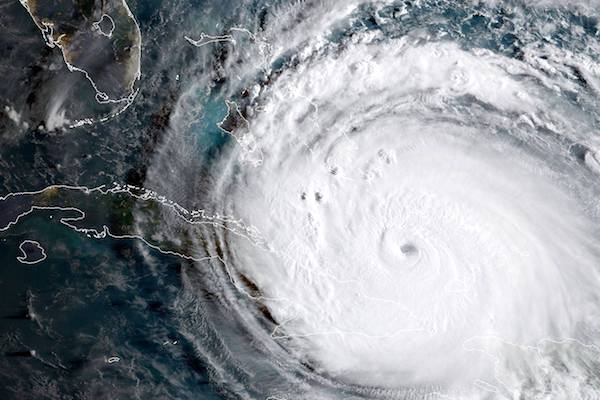SEBASTIAN – The National Hurricane Center is testing with extended forecasts that may predict the paths of hurricanes up to a week in advance, according to officials.
NHC will experiment with the new forecasts by adding Day 6 and 7 to the tracks with maximum wind estimates.
However, the information will not be distributed to the public. Instead, officials will test the seven-day forecasts and analyze the data in 2020. From there, they will decide on making it public.
“In 2018, for the first time, we’re going to be doing in-house forecasts out to seven days because the techniques have gotten good enough,” Mark DeMaria, NHC branch chief, said in a statement.
“It’s allowing us to go further into the future,” DeMaria added.
In 1954, federal meteorologists started issuing 24-hour hurricane forecast, then two-day forecasts in 1961, and three-day forecasts in 1964.
The NHC then experimented with five-day forecasts in 2001, then began publicly releasing the information in 2003 after a two-year trial period.
“It’s way beyond the normal watch time frame for the general public. There are certain activities for long-range planning where it would be an advantage. FEMA might be staging resources. Or, certain areas that are especially hard to get ready for hurricanes — like the Florida Keys, which take a long time to evacuate,” DeMaria said.
Demaria also said that NOAA’s first Joint Polar Satellite System environmental satellite, which launched last November, will improve forecast accuracy. The satellite sits in low orbit with microwave sounders that can measure atmospheric temperature and moisture through clouds.
The Atlantic hurricane season lasts from June 1 through Nov. 30.
The NHC’s average track errors for tropical storms and hurricanes were fewer in 2017 than during any previous Atlantic hurricane season. In fact, DeMaria said the five-day forecasts are about as accurate as the two-day forecasts were during the 1990s.
“We actually had record-accurate forecasts at every single time period, out to five days, in 2017. Part of it was due to the fact that the hurricanes were at low latitudes. They were a little easier to forecast. It’s also due to the fact that the models have gotten better,” DeMaria said.
However, DeMaria admitted that Irma’s forecast track bounced across Florida days before the storm struck.
